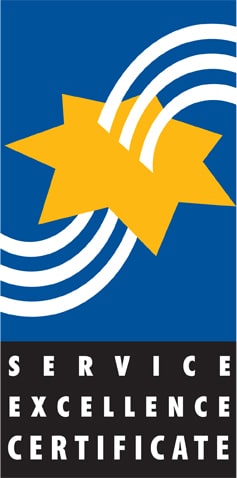Parents’ emotional response to child’s hospitalization
Helen Gofman, Wilma Buckman, George H. Schade
What was it like for children in hospital in the late 1950’s? This article is from the Pediatric Mental Health Unit, University of California Medical Center. In 1957, understanding of children’s emotional response to hospitalization as well as parents was little understood.
This interesting article looks at parents’ perceptions and what it was like for families with hospitalized children. Parents were interviewed and questions asked included what information was provided by doctors as well as admission procedures. Interestingly, as the study progressed researchers became aware of the impact of separating children from their parents without preparation of any kind and modified their admission procedure. There were one hundred parents who were interviewed at the time of their child’s admission and 68 parents were interviewed again at discharge from hospital.
This is a very touching article, with parent vignettes. Readers can see how difficult it was for both child and parent to be separated, vulnerable and fearful. The article describes the traumatic admission procedure where children were placed in bed in an isolation unit and parents were escorted to a nearby waiting room where they could hear their child crying calling for them but could not see or be with them. The modified procedure led to a more gradual separation. The changed procedure involved a nurse being assigned to the care of the child and parents, accompanying them to a room where the child was no longer isolated. The child shared a room with others of a similar age and the nurse acquainted the child with roommates before assisting parents to put the child in bed. Parents were encouraged to stay until the physician was available.
The article describes visiting hours and the success of a “further extension of visiting hours”, some of the nursing staff were sceptical about the extension.
In the summary section of the article major points made were children and parents needed adequate preparation for hospitalization;
- An admission procedure which allowed for a more gradual separation of parent and child;
- During hospitalization health personnel needed to focus on both the child’s emotional and physical needs;
- Continuing preparation of child and parent throughout hospital procedures and treatment;
At discharge, health professionals provide understanding of findings and implications both orally and in writing for further care of the child at home.
This article has been cited approximately 35 times, Google scholar.
Link to first page of article to read more:
http://archpedi.jamanetwork.com/article.aspx?articleid=498653
View the record in the AWCH catalogue or contact the AWCH Librarian for more information:
http://awch.intersearch.com.au/cgi-bin/koha/opac-detail.pl?biblionumber=13531




